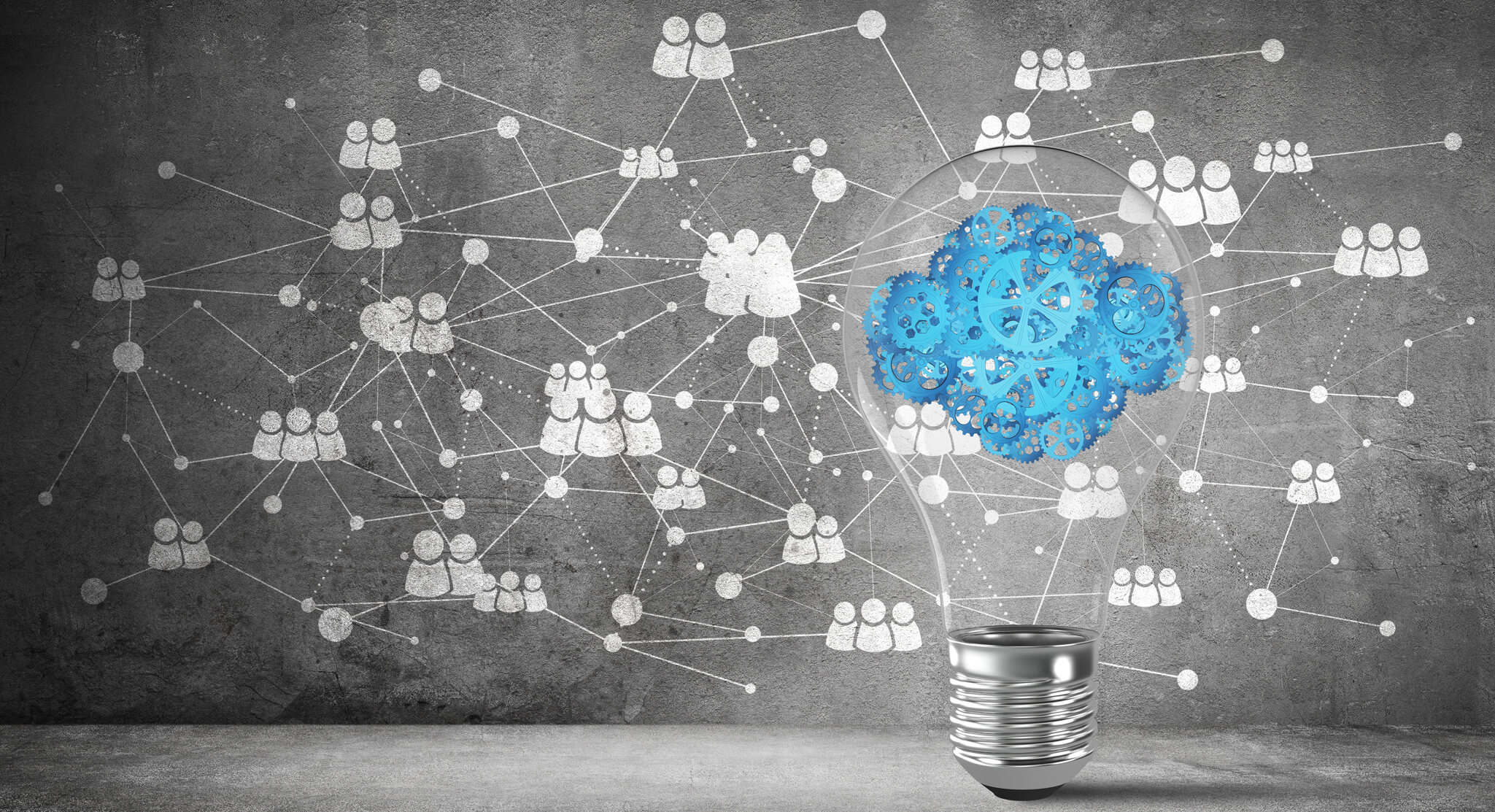Innovation at scale
Today, any global enterprise needs to innovate at speed. This requires the organization to harness its scale to find opportunities, validate ideas, learn and deliver fast, and address customer needs.

Most organizations have talent spread across geographical locations within a country, continent, or globally. This brings increased organizational complexity and operational cost, all leading to slow delivery.
To efficiently harness such scale, it’s key to make multiple teams spread across geographical locations work together on the same opportunities and ideas. Below, I have attempted to identify a team’s hierarchy of needs from other member teams. Fulfilling these for each other helps teams operate efficiently and can boost execution speed.
 Note: I have taken inspiration from Maslows Hierarchy of Needs while putting this together. Although it does not match exactly, you may find similarities.
Note: I have taken inspiration from Maslows Hierarchy of Needs while putting this together. Although it does not match exactly, you may find similarities.Working environment
The first important step is to establish a positive working environment between the teams. It’s vital to have cultural empathy and respect for each other.
Culture is defined as behavior, beliefs, norms, habits, or customs found in people. Global teams, by very nature, will contain people from different cultural backgrounds. For creating the right working environment, each team needs to understand each other’s culture without judgement.
For example: Something as simple as the time at which one starts and –ends each work day may vary from one team to another. Teammates should have the required flexibility, exceptional situations aside.
Contribution
Once a working environment is established, each team needs a sense of valuable contribution towards the common goal. Contribution depends on the current state of knowledge/experience, yet it’s important to ensure that objectives are defined based on current and target future state of knowledge. Also, teams need to ensure consistent delivery with continuous improvement.
For consistency and continuous improvement, a team needs to do the below:
- Planning: requires deep analysis, thought, and action
- Quality execution: requires team members taking ownership of quality delivery
- Improvement: requires continuous retrospect of plans vs. deliverables, identifying reasons for gaps, and finding ways to improve
Recognition
Once a team starts delivering, there’s a need for recognition of the knowledge and accomplishment. That provides the team with a way to measure, plan, and accelerate towards bigger achievements.
For each accomplishment area, the team:
- Is established as an SME
- Does knowledge sharing sessions
- Works in pairs with another team in a related area
Achievements
Each team must continuously contribute and have major achievements to show to each other. This motivates everyone towards bigger goals and creates healthy competition. This can eventually lead to team growth, and even company-wide growth.
A major achievement can be defined as one that brings:
- High value for customers
- A knowledge increase for each team member
- High ROI for the organization
Trust
Trust between teams must continuously grow. If there is trust, then working together generally becomes easier and smoother. To establish trust, every team must be transparent with each other. So, offer transparency for all events and projects, along with improvement plans. This can also encourage teams to help each other grow.
ION is a global enterprise with experts across the globe working together to innovate and deliver quality products to our customers. Contact us to learn more about our innovative products.

